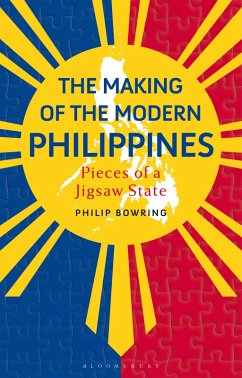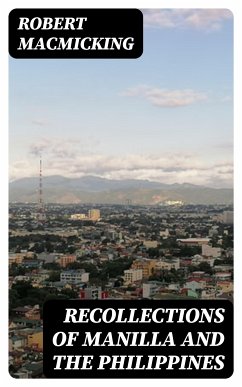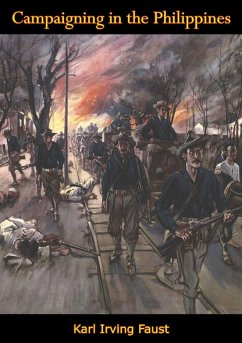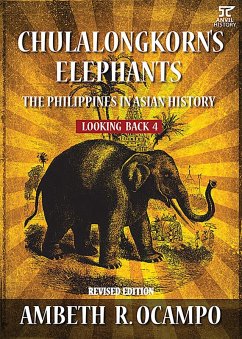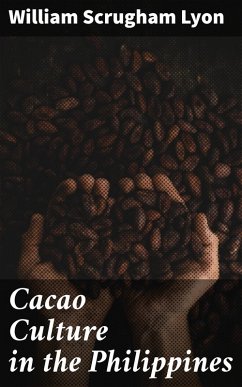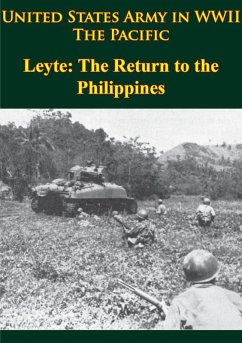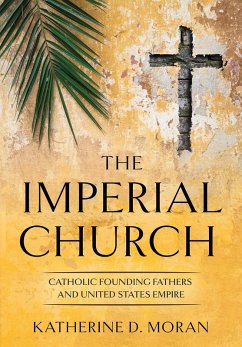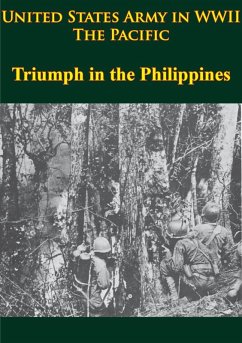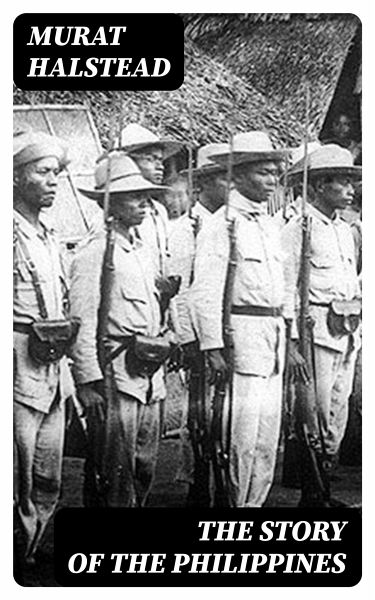
The Story of the Philippines (eBook, ePUB)
Versandkostenfrei!
Sofort per Download lieferbar
1,99 €
inkl. MwSt.
Weitere Ausgaben:

PAYBACK Punkte
0 °P sammeln!
In "The Story of the Philippines," Murat Halstead provides a sweeping narrative that explores the rich tapestry of Filipino history, culture, and society. Through a blend of vivid storytelling and scholarly analysis, Halstead delves into the archipelago's pre-colonial roots, the impact of Spanish colonization, and the struggle for independence. His literary style is characterized by a detailed yet accessible prose that invites readers into the intricacies of Philippine life, setting the work within a broader context of 19th-century American interest in global affairs and imperialism, which inf...
In "The Story of the Philippines," Murat Halstead provides a sweeping narrative that explores the rich tapestry of Filipino history, culture, and society. Through a blend of vivid storytelling and scholarly analysis, Halstead delves into the archipelago's pre-colonial roots, the impact of Spanish colonization, and the struggle for independence. His literary style is characterized by a detailed yet accessible prose that invites readers into the intricacies of Philippine life, setting the work within a broader context of 19th-century American interest in global affairs and imperialism, which influences his interpretations of events and people. Murat Halstead, a journalist and historian, possessed a profound curiosity about the world, which likely stemmed from his profession and the era's imperialist sentiments. His experiences reporting on the Spanish-American War provided him with unique insights into the political and social climate of the Philippines, informing his perspectives in this work. Halstead's commitment to presenting a balanced view of the Philippines is grounded in his respect for its culture and a desire to highlight its potential for self-governance amid colonial influences. This book is a vital read for those interested in understanding the complex history of the Philippines. It not only serves as an informative text for scholars and students but also appeals to general readers seeking to grasp the multifaceted identity of this Southeast Asian nation. Halstead's compelling narrative and historical rigor make it an essential addition to the library of anyone curious about the dynamics of colonialism and its aftermath.
Dieser Download kann aus rechtlichen Gründen nur mit Rechnungsadresse in A, B, BG, CY, CZ, D, DK, EW, E, FIN, F, GR, H, IRL, I, LT, L, LR, M, NL, PL, P, R, S, SLO, SK ausgeliefert werden.




